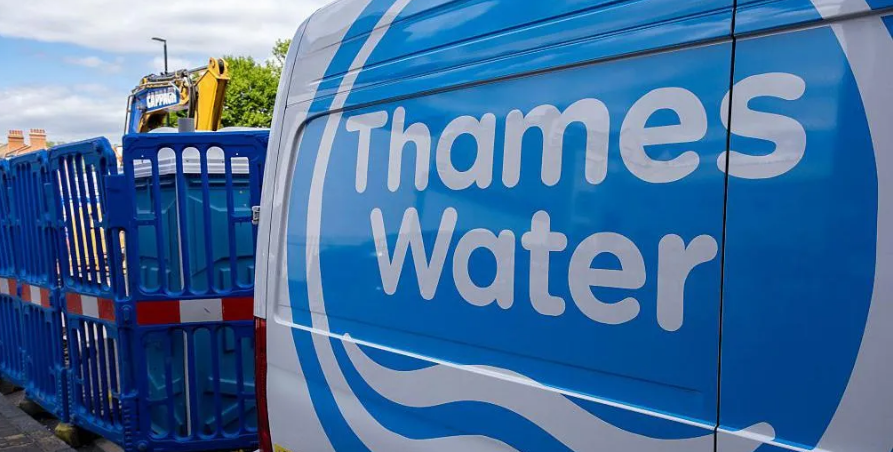Thames Water’s future has been thrown into deeper uncertainty after US private equity firm KKR pulled out of a proposed £4 billion investment deal, raising the likelihood that the UK’s largest water company could collapse into government-controlled administration.
The decision by KKR, confirmed on Monday, deals a serious blow to Thames Water’s attempts to recapitalise amid mounting financial and regulatory pressures. The company, which supplies water to around a quarter of the UK population, is grappling with nearly £19 billion in debt, persistent leakage problems, frequent sewage spills, and aging infrastructure.
KKR had been Thames Water’s preferred investor since March, but its withdrawal was reportedly influenced by rising political and regulatory risks surrounding the firm. A last-minute phone call between KKR co-founder Henry Kravis and government adviser Varun Chandra failed to salvage the deal, according to sources.
In a statement, Thames Water described the development as “disappointing” but said it would now pursue an alternative plan proposed by its senior creditors — seen as the company’s last hope to avoid administration.
Chairman Sir Adrian Montague said the firm remains committed to securing a “sustainable recapitalisation” and is continuing discussions with regulators, including Ofwat. He added, “We believe this is in the best interests of all stakeholders.”
The company’s services, including water supply and wastewater management, will continue uninterrupted regardless of the outcome.
Castle Water, the UK’s largest independent business water supplier, expressed willingness to step in with financial support. However, Thames said it remains focused solely on its creditors’ plan.
The situation has reignited criticism over Thames Water’s handling of the rescue process. Alistair Carmichael, chair of the Environment, Food and Rural Affairs Select Committee, said the company had “only pursued one bidder” despite Ofwat’s concerns, calling it a “perilous” misstep.
In the Commons, Environment Secretary Steve Reed said the government is “carefully monitoring the situation” and is prepared to activate a Special Administration Regime to maintain services if necessary.
Thames Water’s financial troubles are emblematic of broader issues plaguing the UK water sector. An interim review released Monday, led by former Bank of England deputy governor Sir Jon Cunliffe, described the current regulatory structure as “chaotic” and urged reforms to attract long-term investors.
Cunliffe warned that the volatility surrounding firms like Thames Water is deterring essential investment from pension and insurance funds.
“If the water regulatory system is too volatile, we won’t get those investors,” he said.
Thames Water, privatised in 1989 with no debt, has since accumulated billions in borrowing — a model that critics say is unsustainable and in urgent need of reform.


